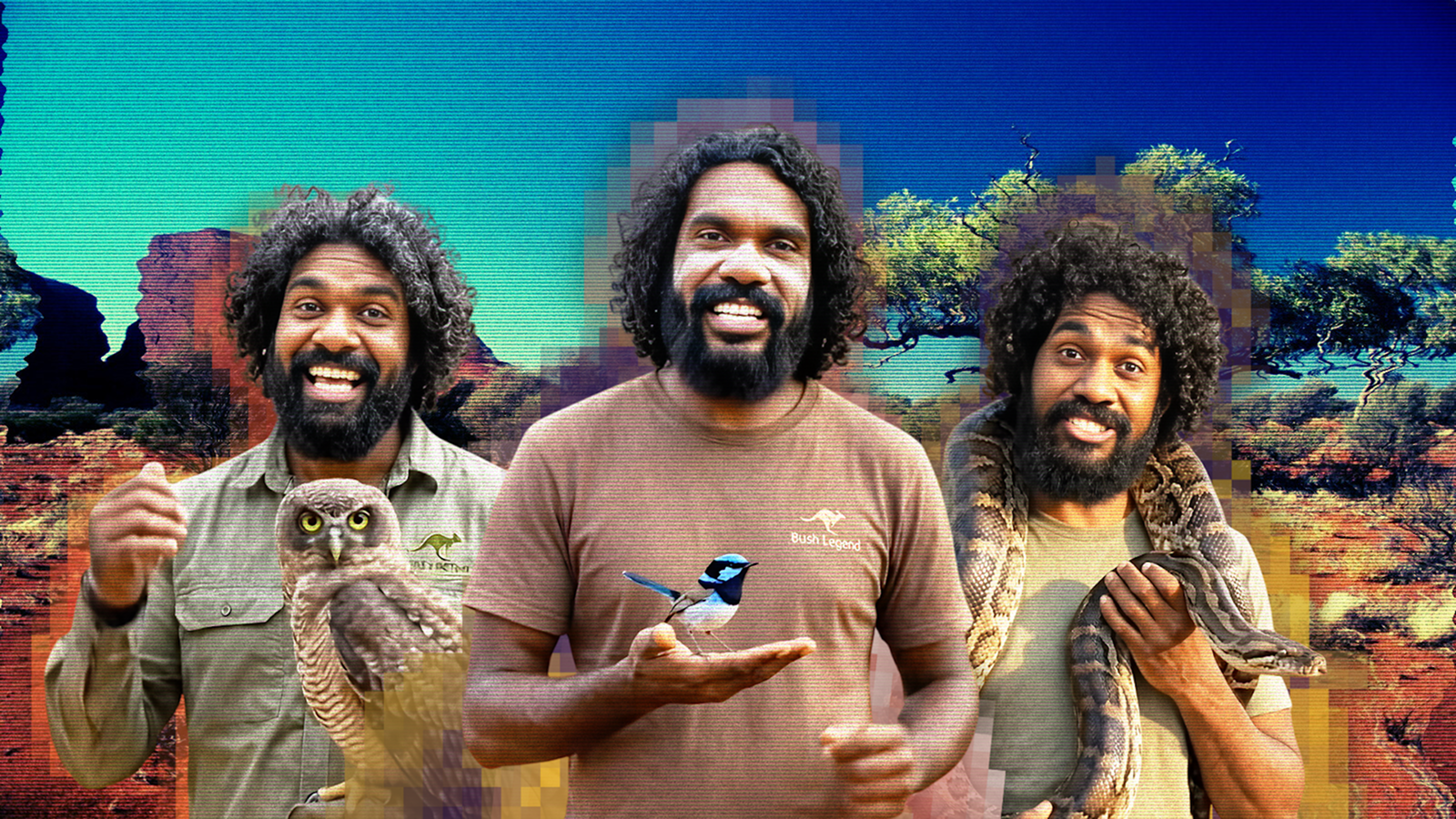Kids + Parents' Number Talk = Head Start, Study Says
Parents who use number words while speaking to their young children – even if the children don't seem to grasp their meanings at first – are giving them a considerable head start in learning math, new research suggests.
Researchers from the University of Chicago recorded parent-child interactions at home over five sessions doing everyday activities when the children were 14 to 30 months old. At the end of the study, the children were asked to connect the words for numbers with sets of squares presented on sheets of paper (so "two" would be linked with an image of two squares). Those children who had heard a lot of number talk from their families were more likely to respond correctly.
"By the time children enter preschool, there are marked individual differences in their mathematical knowledge, as shown by their performance on standardized tests," said University of Chicago psychologist Susan Levine, lead study researcher. Other studies have shown that the level of mathematics knowledge a child has when entering school predicts future success.
"The findings underscore the important role that caregivers can play in children's early mathematical learning," said Soo-Siang Lim, program director for the National Science Foundation's (NSF) Science of Learning Centers Program. NSF partially funded the research.
The researchers found a wide variation among the families of the 44 children. Some parents produced as few as four number words during the entire period they were studied, while others produced as many as 257. In the end, the differences had a big impact.
For example, children whose parents talked more about numbers were much more likely to understand the cardinal number principle – which states that the size of a set of objects is determined by the last number reached when counting the set.
The results of the study were published in the September 2010 issue of the journal Developmental Psychology.
Get the world’s most fascinating discoveries delivered straight to your inbox.
- Top 5 Myths About Girls, Math and Science
- Ways to Keep Your Mind Sharp
- 7 Ways the Mind and Body Change With Age
 Live Science Plus
Live Science Plus






